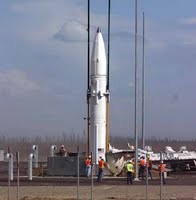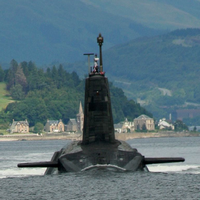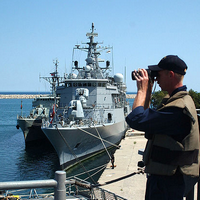
Years ago, when world leaders started speaking out about the dangers of Iran’s nuclear program, one of the potential threats they cited was the possibility that it would spark a flurry of competing nuclear programs throughout the Middle East. Today, as international efforts to stop Iran’s uranium enrichment remain unsuccessful, the once-distant prospect of a Middle East crowded with nuclear plants has moved a long way toward becoming a reality. In recent days, Jordan signed a nuclear cooperation deal with Japan, setting the stage for the Hashemite kingdom to start receiving nuclear technology and nuclear materials. Japanese officials also inked […]




